In an earlier post in this series, I defined personal boundaries as knowing who to say yes to.
We all interact with people constantly on many different levels. Customers, colleagues, employers, family, friends, acquaintances… should we all treat them the same? Do they all get equal access to aspects of our life?
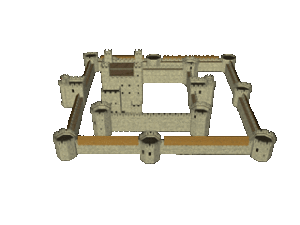
Let’s think about it another way. Take castles. Some types of castle have different sets of walls – inner and outer – that give extra protection. Historically, each set of walls would have a set gates that would be used to manage the entrants into each level of the castle. The more honoured, the closer to the centre of the castle people could come. The centre would therefore not only be the best protected, but it would be the safest place and where the most important resources would be stored, for example a source of water or food.
Do we think of ourselves is this way? Proverbs tells us to “guard our heart, for it is the wellspring of life.” If our heart is the wellspring of life – the source of all our energy, strength and health – then how are we doing with protecting it? Surely we’d all understand that loved ones have more ‘access’ to the deepest parts of our hearts than acquaintances. People will move closer – or further – away to our ‘wellspring’ depending on how much we trust them and want to build closeness with them. Boundaries, therefore, are an aspect of stewarding ourselves.
So the first question when it comes to boundaries is this: do we have walls around our hearts? If not, then we will live life without boundaries protecting ourselves and everyone will have access to our heart. To refer to our illustration, some people may treasure our life-source but other may not. They may drain it or even pollute it. Boundaries are important for our health.
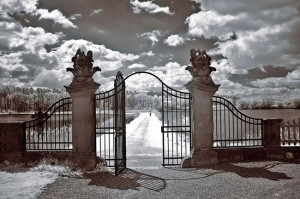
It may sound hard or unloving to have walls around our hearts, but to refer back to our illustration, it’s important to remember that castle walls had gates. Walls without gates are merely blocks, and will prevent meaningful relationships; all they are then are defensive measures of self-protection that are based in fear and reacting to previous pain that has yet to heal. But boundaries are not walls, they are gates. Gates are two-way portals within our boundaries that we manage. We give permission for people to come in to the next section of our heart as they win our trust and we build connection with them. Conversely, if people lose our trust then we move them out to an outer section of our heart.
Trust is therefore the amount of relational credit we give someone according to how well they steward our hearts.
A quick exercise to assess how healthy your boundaries are is to list the relationships in your life, then rank them according to how much influence they have on your life. The higher the influence, the closer they should be to your ‘wellspring’. This is called your ‘circle of influence’.
Repeat your list, and this time rank them this time according to how much responsibility you have towards them. The higher the sense of responsibility, the closer to your wellspring. This is called your ‘circle of concern.’
Some people may have a higher or lower influence than they should. Others may be demanding too much concern from you, or too little. You may need to make some changes to better reflect the boundaries you want and need in your life.
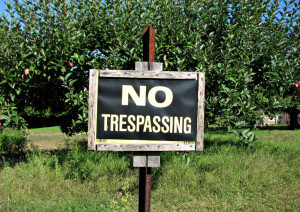
Ultimately, boundaries are a manifestation of our self-worth. If we don’t value ourselves, we will let others determine our value and treat us accordingly. If we believe we are valuable and have worth, we’ll steward ourselves to ensure the right people have the right amount of access to our ‘wellspring’, and that those who don’t treat us appropriately do not.
Boundaries are also important when it comes to time management. When we consider our priorities, as I discussed earlier on, we will manage our personal relationships appropriately to achieve our goals. Sometimes we can’t say yes to everything, or everyone. Not everyone should get access to our time equally. This is the nature of boundaries. Ultimately, everyone you say ‘yes’ to means you are saying ‘no’ to someone else. Without setting powerful personal boundaries, it’s often ‘yourself’ or your loved ones that will lose out.
To summarise, I would suggest the following:
-
Personal boundaries is knowing who to say ‘yes’ to.
-
Setting boundaries is an aspect of stewarding ourselves.
-
Boundaries are not walls, they are gates.
-
Trust is the amount of relational credit we give someone according to how well they steward our hearts.
-
Boundaries are a manifestation of our self-worth.
-
Everyone we say ‘yes’ to means we are saying ‘no’ to someone else.
These principles, when combined with prioritization, as I discussed earlier, are helpful in managing our time well. My next post in this series will look at the area of planning.







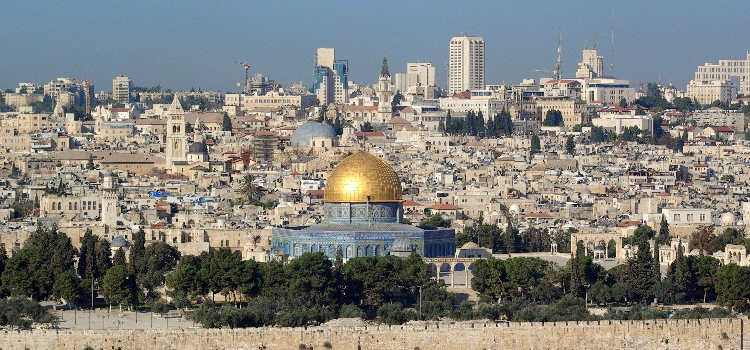




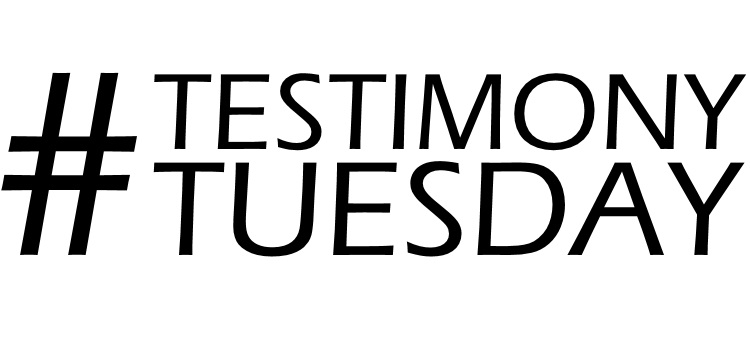

“Boundaries are not walls; they are gates.” That’s gold right there.
Comments are closed.